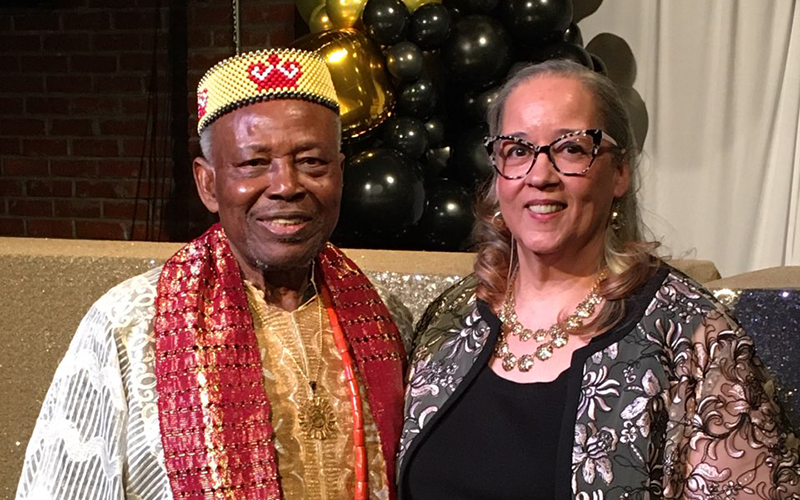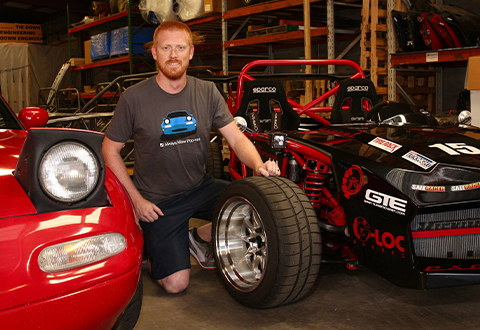Ramona Jones: Pioneering A Path For Black Women At Tech
By: Kelley Freund | Categories: Alumni Achievements

When it came time for Jones to attend college in the fall of 1970, Spelman was a natural fit. Her aunt and older sister were Spelman graduates, and Jones was well aware of the school’s academic excellence. She considered following in the footsteps of her maternal grandfather and becoming a doctor, but during orientation week, she learned more about the dual degree program.
“The focus was to diversify the field of engineering by removing some of the barriers that African American women had faced in the past and provide them with opportunities in the field,” Jones says. “I was advised that I would be playing a role in helping to change the face of engineering while increasing the number of women of color in the engineering workforce.”
She accepted the challenge, joining the second class in the program’s history and studying physics at Spelman and electrical engineering at Georgia Tech. But the journey was not easy. Even before Jones began classes at Tech, she had to juggle being a young wife who was pregnant with her first child. She recalls trying to finish a paper for a Spelman class when it was time to go to the hospital.
“I was doing the bibliography, and my mother was there telling me it was time, but I kept saying, ‘I have to finish this.’ I got to the last two pages, and then it was time to go.”
When Jones began her classes at Tech, there were no other African American women in her classes.
“A part of being the first to do something is that it can be a lonely thing,” she says. “This was a new experience for me, as well as the school; it was unknown territory. There were a few professors who gave you the feeling they didn’t think you should be there. But on the whole, the majority of the teachers were supportive, and I received a lot of encouragement from my advisors at both Spelman and Georgia Tech, which helped keep me motivated and focused.”
Jones spent several years working with the SECME (Southeastern Consortium for Minorities in Engineering) program at Tech to introduce engineering as a career option to minority students. After giving birth to her second child, Jones went on to work in the telecommunications sector. She says her Tech education provided a strong foundation.
“Engineering teaches and trains you how to analyze and problem-solve,” Jones says. “And Georgia Tech provided me with a strong background in technology. Even as technology evolved, I still had that foundation to help me understand it as it developed, and I was able to apply it to customers’ needs and come up with solutions.”
One of the things that intrigued Jones most about the dual degree program was doing something first, and that historic first inspired her own family: Her younger brother followed in her footsteps, completing a dual degree program between Morehouse College and Georgia Tech.
“I think by participating in this program, I got the best of both worlds: the rich tradition and academic excellence of an HBCU and the strong technical education of Georgia Tech,” Jones says.


